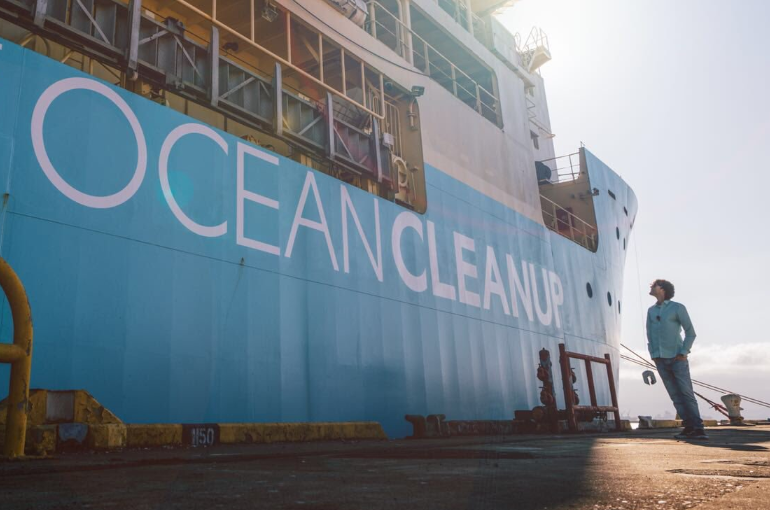Who is Boyan Slat? All you need to know about his Ocean Cleanup project
Boyan Slat is an entrepreneur working to clean up the oceans. He has also won the United Nations Champion of the Earth award in 2014.

Entrepreneur Boyan Slat has become the new internet sensation with his work to clean up oceans and is all over the social media. Slat is a 25-year old Dutch inventor, entrepreneur, and aerospace engineering student drop-out who runs a company called The Ocean Cleanup.
The project uses a huge U-shaped floating barrier to collect trash ranging from small pieces just millimeters in size, up to large debris, including massive discarded fishing nets but not fish. Boyan Slat's company claims that "full-scale cleanup system roll-out" can clean the Great Pacific Garbage Patch (GPGP) in only 5 years. The patch is the biggest plastic accumulation zones in the world’s oceans and is almost three times the size of France.
The Ocean Cleanup project recently picked up plastic for the first time and the company shot to fame right after. But it's not the first time that Boyan Slat has grabbed headlines, he has also won the United Nations Champion of the Earth award in 2014 when he was only 20-years old.
Our ocean cleanup system is now finally catching plastic, from one-ton ghost nets to tiny microplastics!Also, anyone missing a wheel? pic.twitter.com/Oq0rkXO3TH
— Boyan Slat (@BoyanSlat) October 2, 2019
Slat is passionate about the project ever since he was a high-school student and his ideas have matured with years of hard work. His company attempted a trial run in 2018 as well but there were issues and it could not be successful but he kept going is finally ready with a practical solution to clean the oceans.
Boyan Slat raised millions of dollars for his revolutionary project and fought setbacks and criticism to provide a practical solution to clean the oceans. His work is often challenged by many saying that it weakens efforts to curb plastic usage. Slat agrees with the point that reducing plastic usage is critical but also believes that efforts to clean up the already-polluted oceans should not be put in the backseat.










